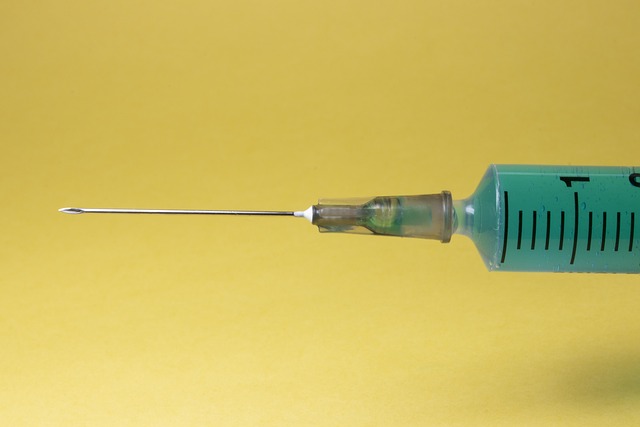Patients and hospital staff in Hull are to be tested for a serious infection in a ground-breaking public health project believed to be the first of its kind in England.
Nurse specialists from the Blood-Borne Virus Team are testing staff and patients on wards at Hull Royal Infirmary for Hepatitis C, a potentially serious viral infection damaging the liver, as part of a global campaign to eradicate the virus.
Hepatitis C is a blood-borne virus spread through contact with infected blood from sharing needles or syringes, blood transfusions before 1996 or the reuse of un-sterilised medical equipment and the hospital team aims to raise awareness ahead of World Hepatitis Day on July 28.
Infectious Diseases Consultant Dr Nick Easom said: “People can have Hepatitis C without realising because symptoms in the early stages can be similar to general day-to-day feelings of tiredness or aches and pains. Many people have no symptoms at all.
“However, it can have potentially serious consequences, damaging a person’s liver to such as extent that they require a liver transplant. It can also be fatal in some causes.
“Offering this simple test to our patients and staff is a major leap forward in helping us to identify cases and ensure people receive treatment as soon as possible to prevent them becoming seriously unwell.”
Currently, around 58 million people worldwide are living with Hepatitis C and the World Health Organisation (WHO) has set a global target to reduce new infections by 80 percent by 2030.
NHS England is at the forefront of the campaign after securing almost £1bn of antiviral medication in 2022, identifying and treating more than 70,000 people in England with Hepatitis C. This has reduced significantly the number of liver transplants required because of the damage caused by the virus.
People can be exposed to Hepatitis C if they’ve undergone medical or dental procedures abroad, they’ve had tattoos or facial fillers and injections or they’ve injected drugs intravenously. Healthcare workers can also be at risk of Hepatitis C from “needlestick injuries” or contaminated blood which has entered their system through their eyes or mouth.
And they often don’t know they have the virus for months as symptoms can include general tiredness and aches and pains although the infection can also cause fever, loss of appetite, nausea, vomiting, abdominal pain, dark urine and yellowing of the skin or eyes (jaundice).
Nurse Specialist Vicki Butterwick said: “We aim to test patients and staff using a simple finger prick test, similar to the one used to test blood sugar, to test for Hepatitis C antibodies. This is a good way of ruling out negative cases very quickly and for the small number of cases we expect to be positive, it means we can move forward and offer them treatment with all the appropriate support in place.”

